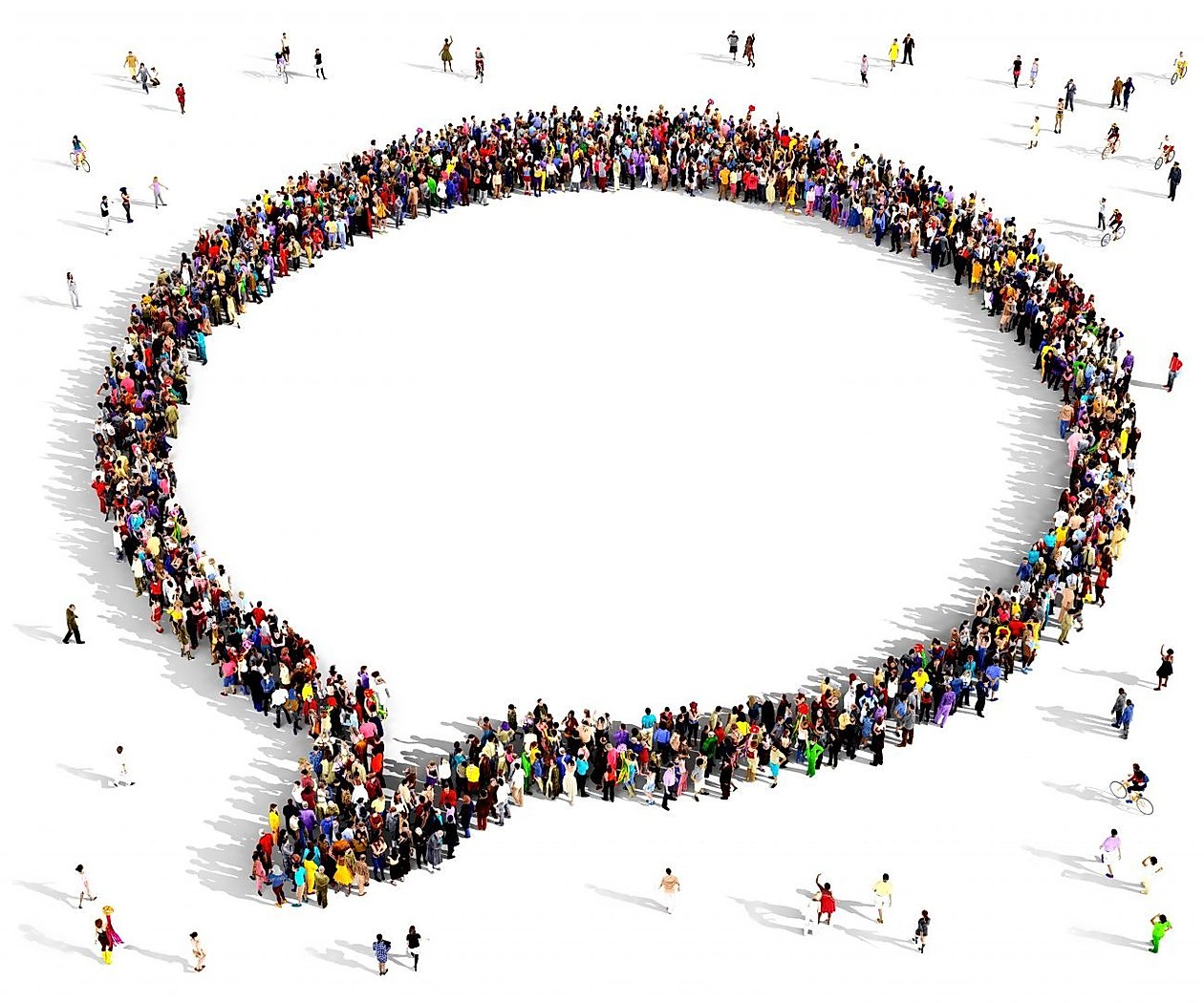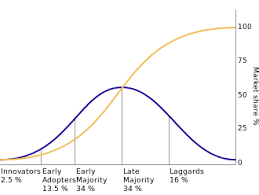
I recently got into a (relatively) heated argument over a beer on the topic of income inequality and the psychology of happiness. My absolutist friend argued that if everybody was wealthier then they would all be happier, whatever the levels of inequality. He refused to accept that there is considerable scientific evidence that income inequality makes everybody less happy, even those who are relatively well-off.
Apart from the politics of inequality, arguments about the psychology of happiness reveal an important truth for research and business. The brain does not see the world in absolute quantifiable terms, but as a relativist. Many visual illusions are based on how the brain processes information and colour and lighting relative to the context of an object. The same colour can look lighter or darker depending on the colours surrounding it.
Similarly, pricing research shows that most of the time we have no idea what things really cost and rely on comparisons and benchmarks to judge if things are expensive or cheap. That’s why Rolls-Royce sell their cars at boat shows and not at car shows. It is also why we will pay as much for a small number of coffee capsules for a machine, as we will for a large jar of instant coffee (the frame of reference is a café rather than a cup of coffee).
Frames of reference are an important consideration in branding and advertising and should be an important consideration for researchers. What matters is not what something is, but rather what you choose to compare it against. Judgements are always relative, and it’s important to consider that in asking questions and creating metrics which best reflect the decision-making processes of real people.
And for the record, data from the Gallup World Poll and the World Top Incomes database shows that the more income is concentrated in the hands of the few, the more likely individual people are to report lower levels of life satisfaction and a higher number of negative daily life experiences. At a country level, this means that there is a negative correlation between perceived well-being and inequality rates, whatever the absolute level of income. For example, Singapore is very wealthy, but also has moderately high levels of income inequality and relatively lower levels of perceived well-being (relative to countries with similar levels of development).
Daniel Kahneman and other researchers saw similar effects in seminal research they conducted showing that day-to-day happiness peaks somewhere slightly higher than median income levels. After this peak happiness plateaus, and increased income does not have any discernable effect on happiness. They also found a difference between general life satisfaction and day-to-day feelings. General life satisfaction is quite sensitive to socioeconomic factors such as income and employment, but emotional well-being is much more sensitive to what we spend our time doing (for example, commuting versus caring for others).
More recent research seems to show that income inequality does not affect the number of positive life experiences people might have every day. However, it does impact negative experiences. Higher levels of income inequality are associated with higher numbers of negative experiences (i.e., people more often feel “stressed”, “worried” or “angry” in societies where there is less equality).
In aggregate, as the incomes of the wealthiest pull away from those of the rest of society, overall life satisfaction is lower and day-to-day negative experiences become more frequent. And as people become less happy, they also become less productive, take more sick leave (if they can) and are more likely to quit their jobs. Politics aside, there is clear evidence that income inequality does have social and economic consequences.
All this is due to the brain’s focus on seeing the world as a relativist rather than in absolute terms. That’s why the countries with highest GDP and wealth levels, do not also top the league tables for happiness. Hong Kong is 8thin the world in terms of GDP per person, but 71stin the world based on happiness levels.
Researchers should always consider the most relevant comparisons when designing discussion guides and questionnaires, and make sure that they factor in the way that people interpret and understand the world. In our brains, everything is relative and nothing is absolute. More broadly, humans are social creatures and we look to other people as much as we look to ourselves and our individual desires. As John Donne put it, “No man is an island”.
Originally written for Asia Research Magazine (https://asia-research.net)





